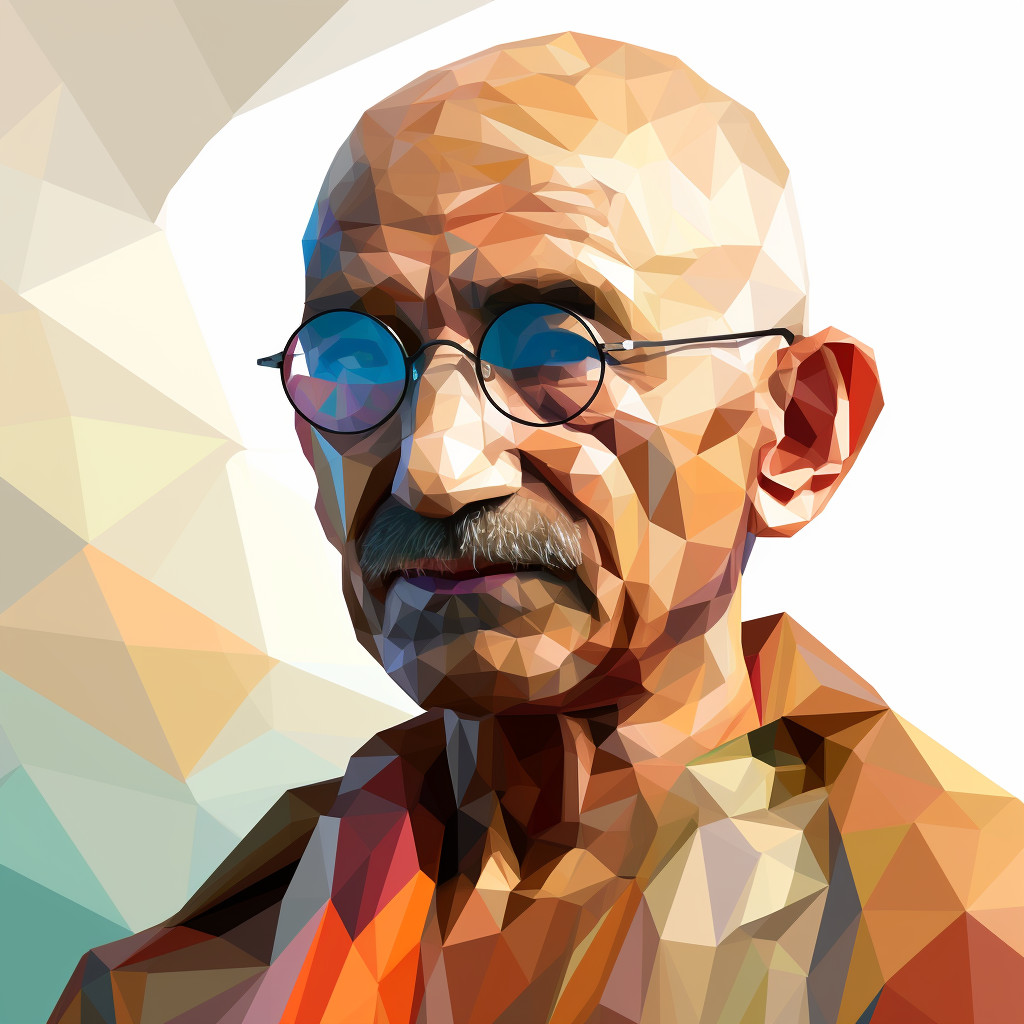This quote implies that the value of freedom lies in the ability to make mistakes. It suggests that a truly free individual should have the liberty to err, to make mistakes, and to learn from them. This freedom to err does not merely mean the freedom to make wrong choices, but it also highlights the importance of learning, growth, and evolution that comes from our mistakes.
In the context of personal development, this concept is highly applicable. Often, we learn the most valuable lessons not from our successes, but from our failures. By making mistakes, we gain insights into what doesn’t work, leading us to explore new approaches and solutions. If we were not free to make mistakes, our learning and growth would be stunted.
In today’s world, with the rise of cancel culture and the fear of public failure, this quote becomes even more relevant. It’s important to foster environments, both online and offline, where individuals feel safe to make mistakes without harsh judgement or irreversible consequences. This could be in workplaces, classrooms, or even social media platforms.
Furthermore, in a broader societal context, this quote can be interpreted as a call for tolerance and understanding. It suggests that we should allow others the freedom to err, to change, and to grow. This could lead to a more forgiving society, where individuals are not defined by their past mistakes but are given the opportunity to learn and evolve.
In conclusion, the freedom to err is a crucial aspect of personal and societal growth. It promotes learning, fosters understanding, and encourages the exploration of new ideas and approaches.





